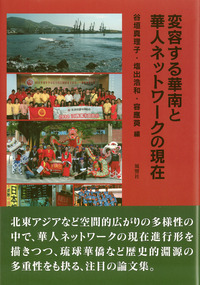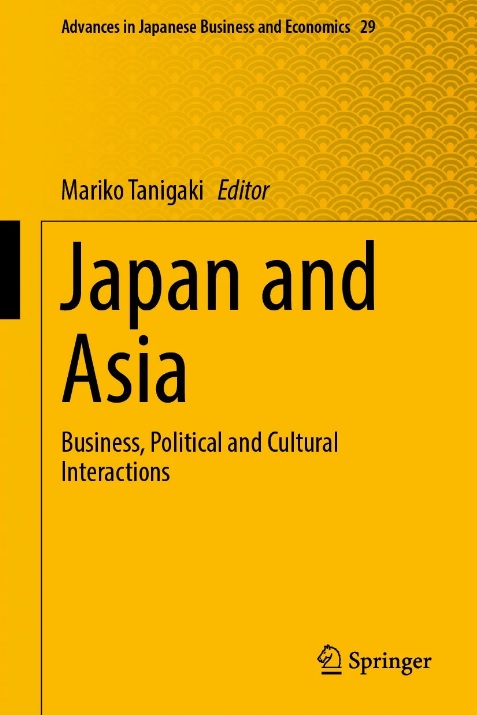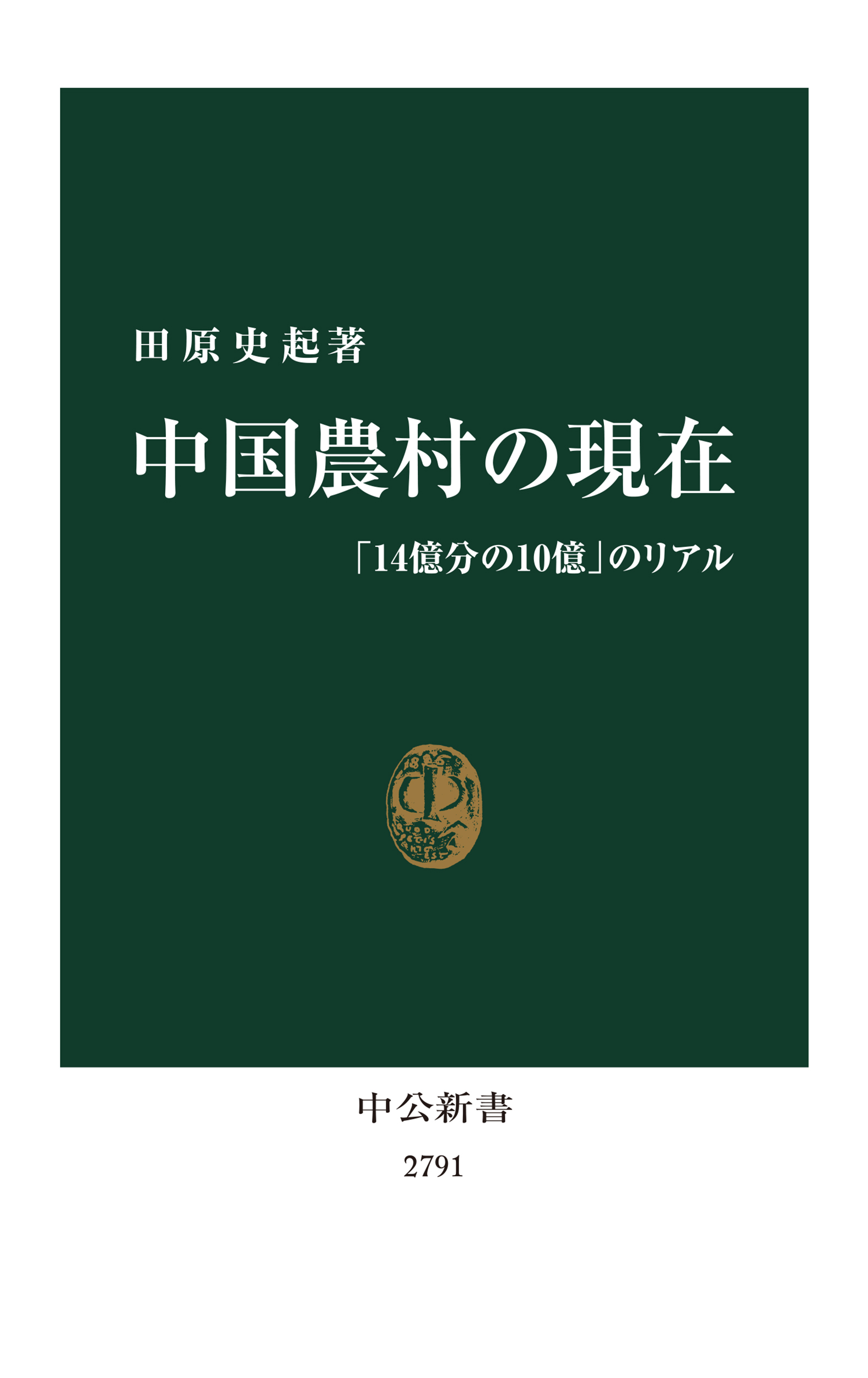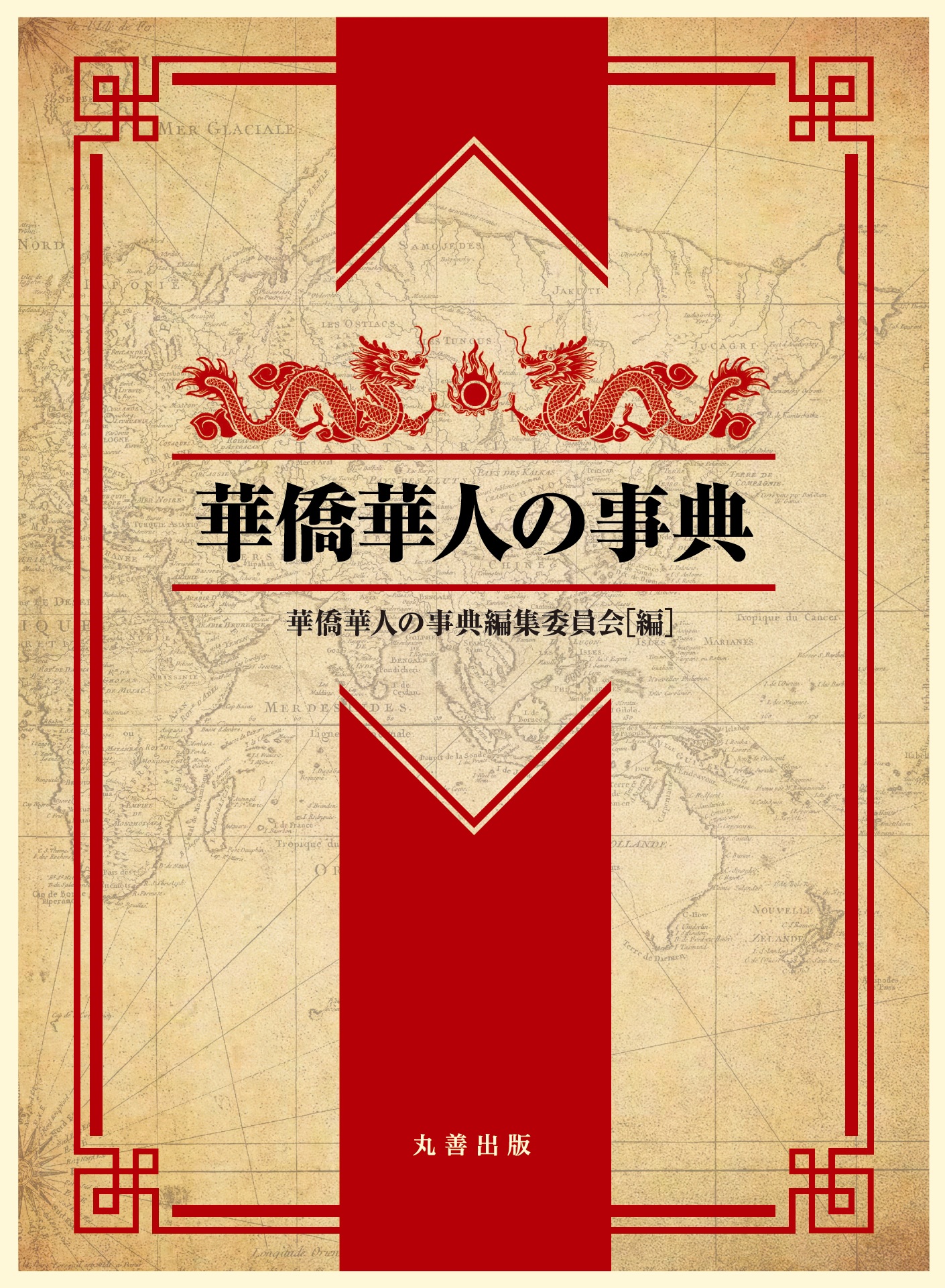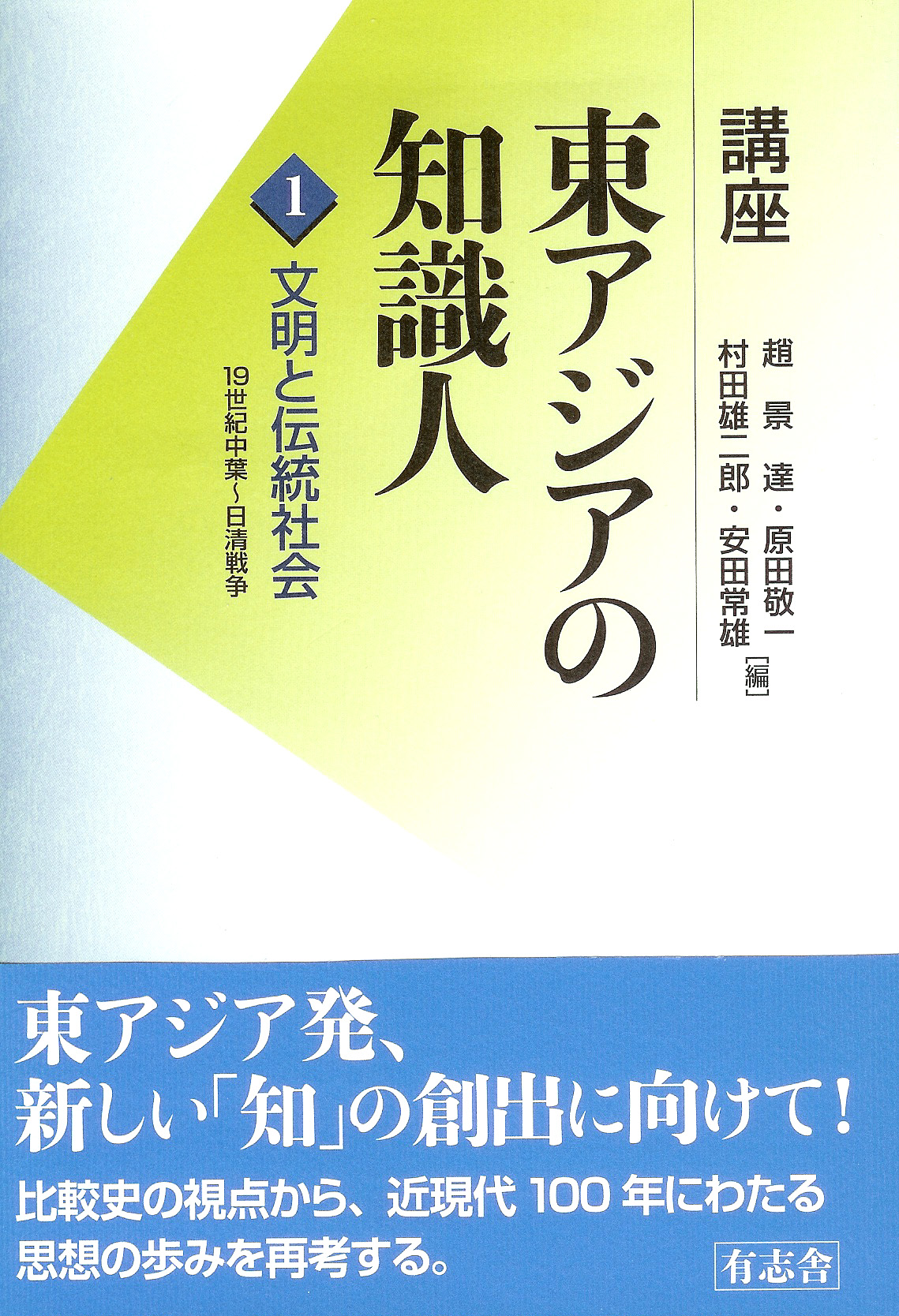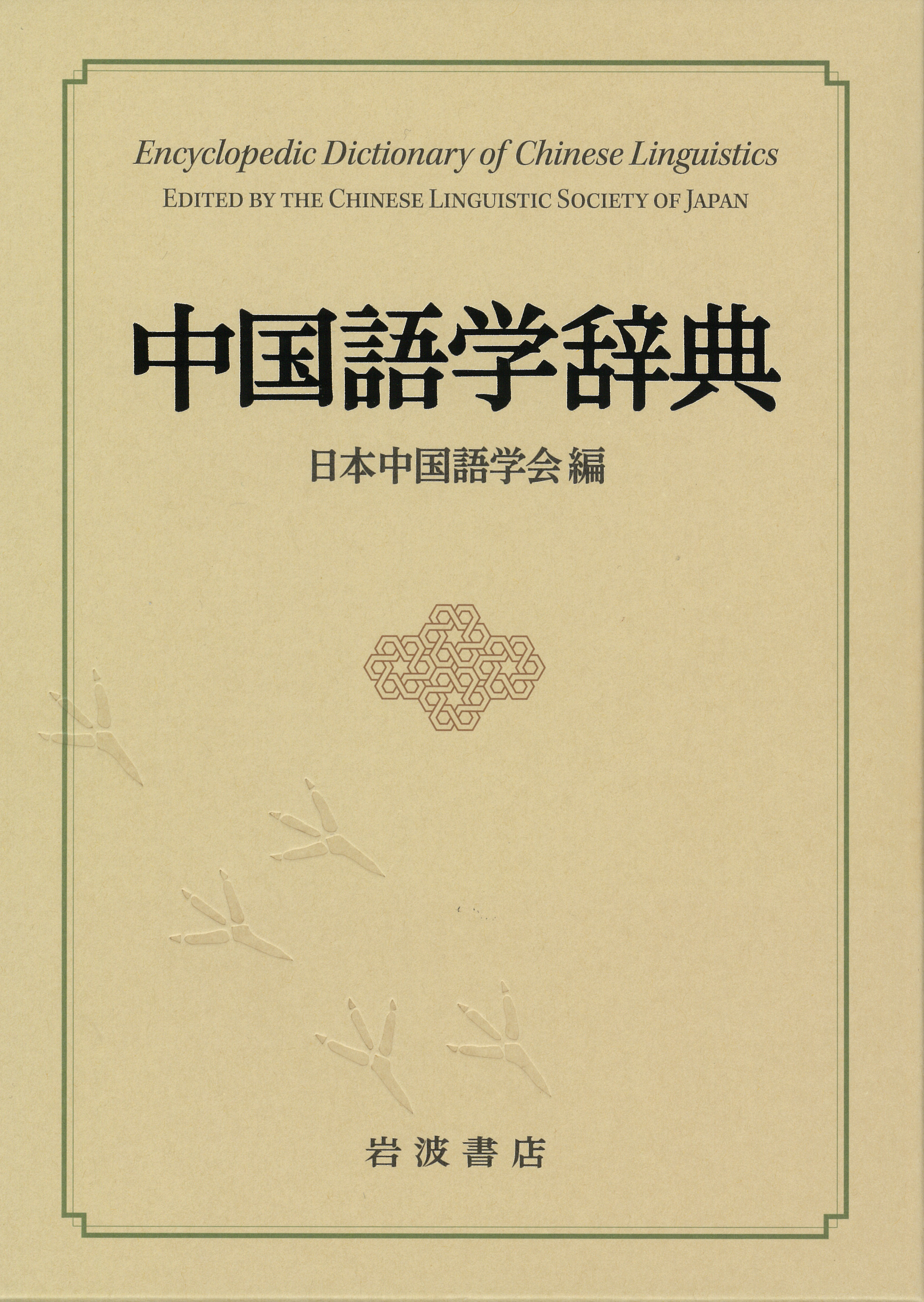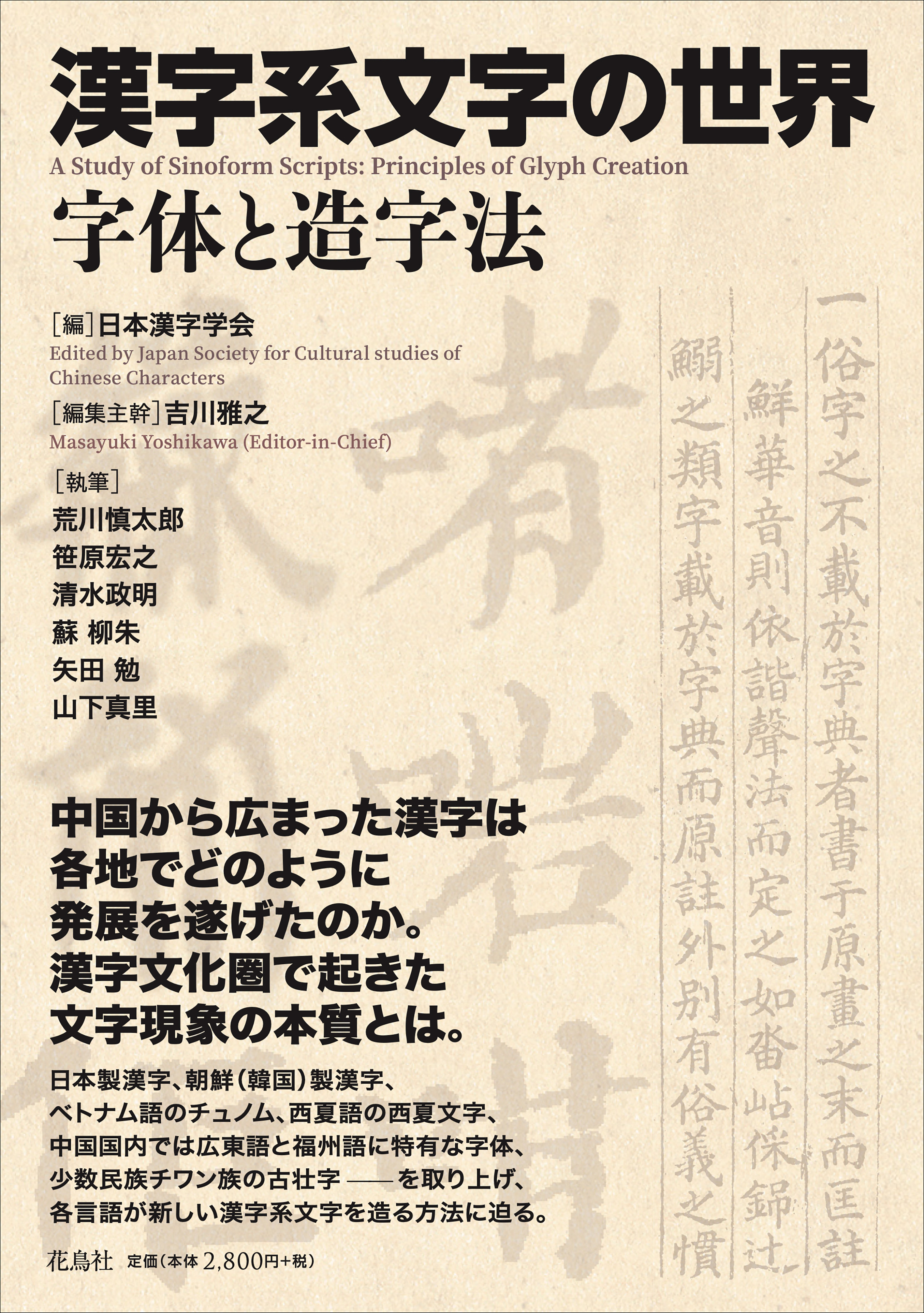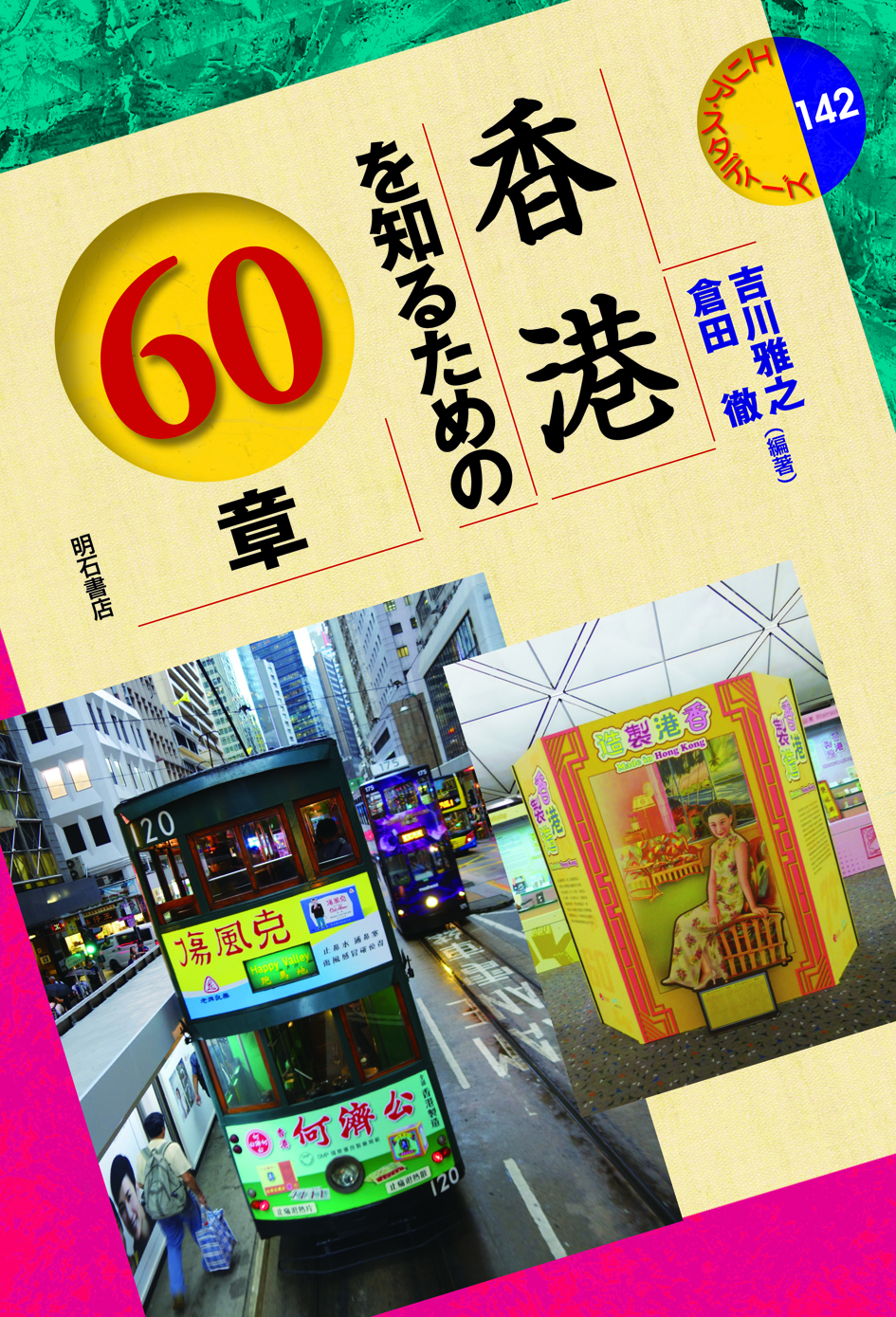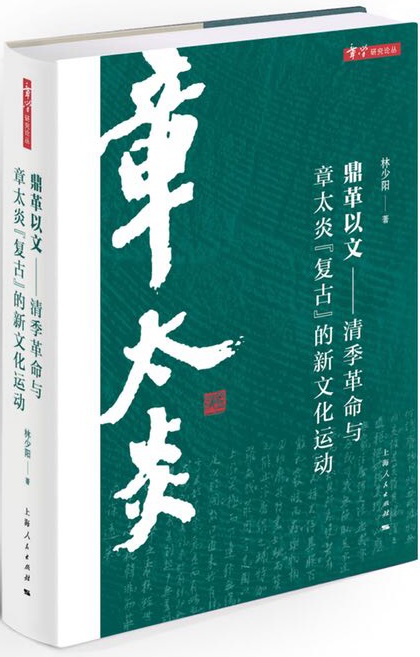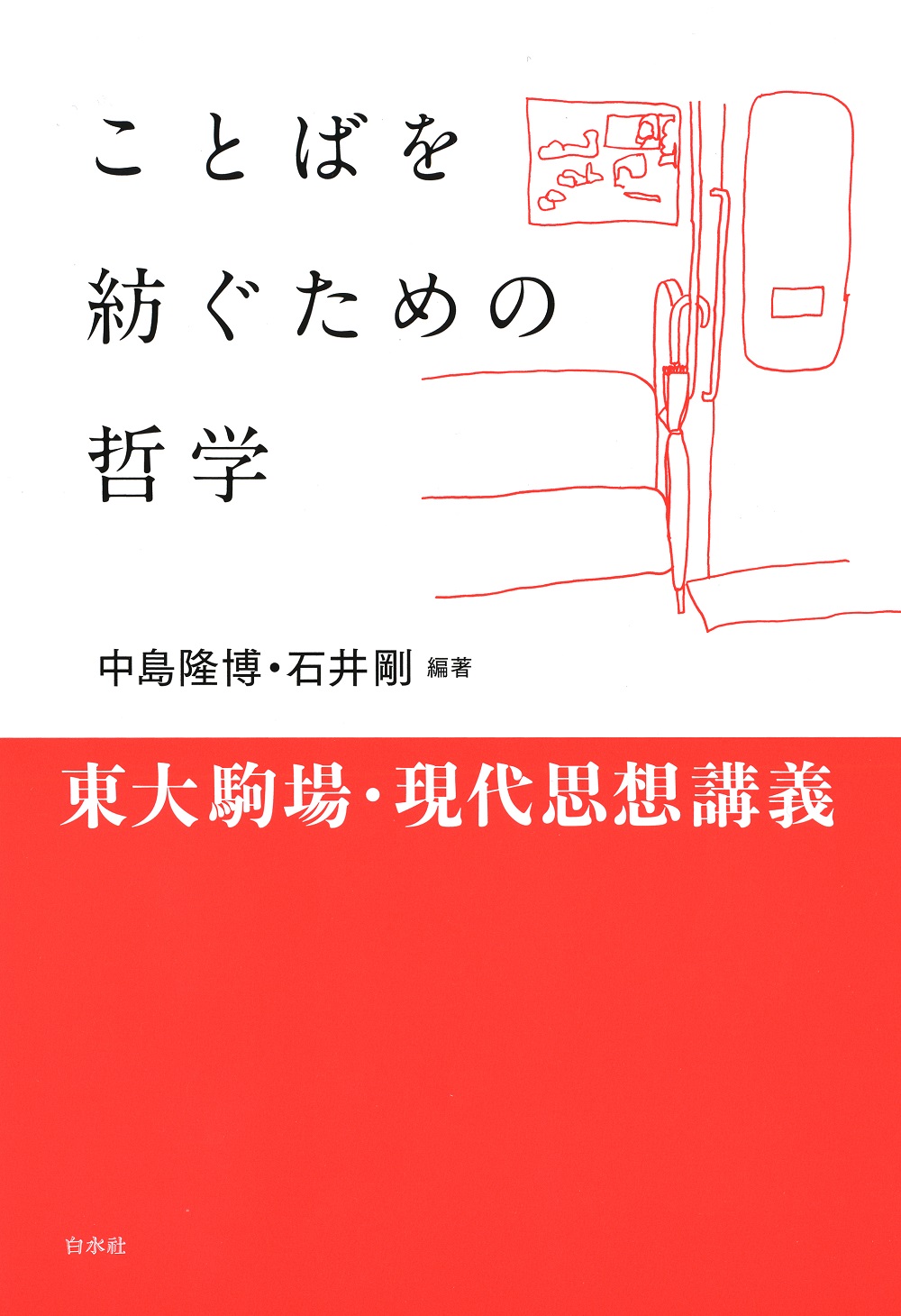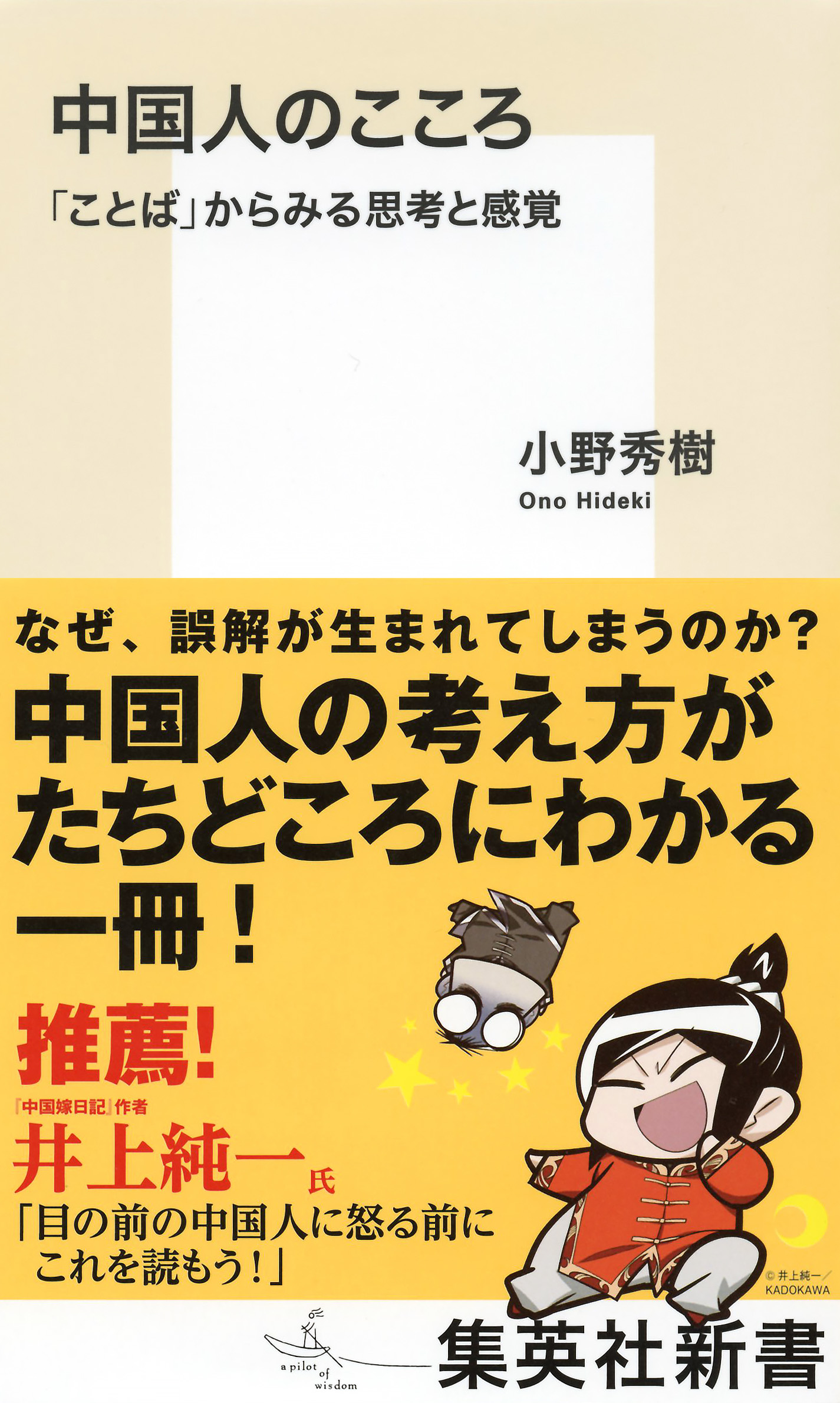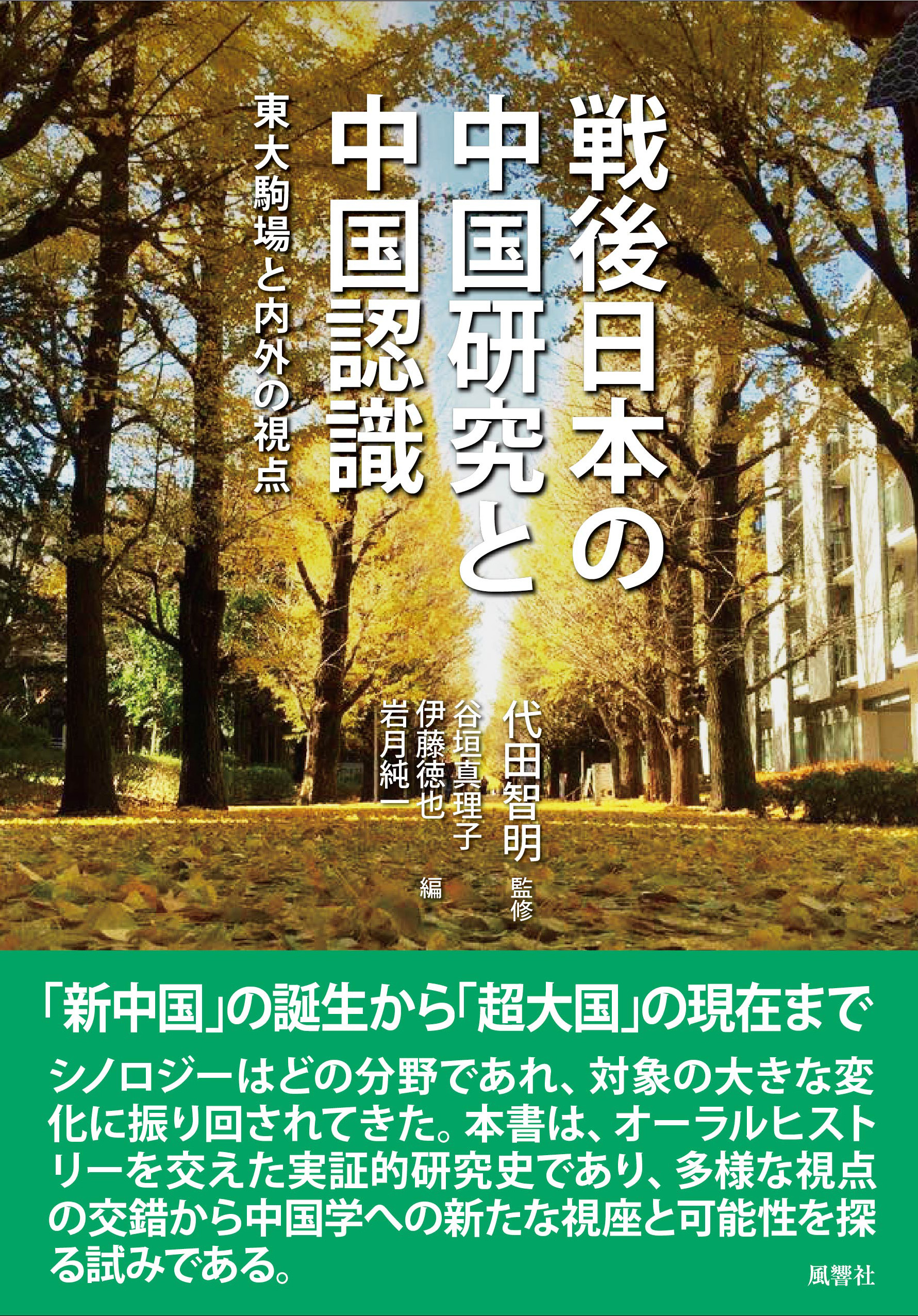
Title
The University of Tokyo, Komaba and internal and external views Sengo Nihon no Chugoku Kenkyu to Chugoku Ninshiki (Chinese Studies and the Perception of China in Postwar Japan)
Size
448 pages, A5 format
Language
Japanese
Released
March 20, 2018
ISBN
9784894892255
Published by
Fukyosha Publishing Inc.
Book Info
See Book Availability at Library
Japanese Page
This is a history of empirical studies, including an oral history. While there have been many explorations and studies on prewar Chinese Studies, not many comprehensive examinations of the perception of China and Chinese Studies in the postwar era have been published. All staff members who teach in the Department of Chinese Language, Junior Division of College of Arts and Social Sciences, the University of Tokyo, Komaba have taken part in the creation of this volume by extensively researching recent developments in humanities and social sciences, tracing the development of Chinese Studies and the perception of China in postwar Japan, and discussing the relevant challenges and arguments.
The scope of this volume spans from an "internal" perspective—based in the University of Tokyo, Komaba—to the an "external", or international, perspective. Part 1 is entitled "An example of practice: The case of the University of Tokyo". This section first examines the history of Chinese language education at Komaba, and two leading scholars who began working on Chinese Studies in the immediate aftermath of the nation's defeat in World War II recall the academic development. Part 2 constitutes the main part of the volume. Entitled "Chinese Studies and the perception of China in postwar Japan", this section contains chapters on the academic discipline of literature, history, and economics. The perception of China in the prewar and postwar periods is examined in separate chapters, focusing on both Hiraoka Takeo and Zhou Zuoren. Finally, a symposium on the Xinhai Revolution and the current circumstances of Rural Studies are discussed as examples that show recent research development. Part 3, entitled "Chinese Studies in Japan from an “external” perspective", contains interviews with researchers from France and China who have become Chinese Studies scholars after coming to Japan to study it, comments by international scholars exploring themes that are related to our project, and a survey of Chinese Studies in East Asian regions, such as Hong Kong and Vietnam. These chapters are presented to aid the future development of the discipline.
The fundamental peculiarity of Chinese Studies in Japan is found in the fact that the volume such as ours is written, or rather, that it must be written. Due to their shared history in premodern times, to Japan, China becomes a very complex and particular existence, rather than a subject of objective, scientific research upon becoming a subject of intellectual inquiry. The members who have convened to produce this volume regard Chinese Studies and the perception of China as a "mirror" that reflects Japanese society. The volume therefore aims to a) to suggest new possibilities for Japanese society which appear to be in the cul-de-sac by re-examining oneself and b) to provide discussions which are useful in examining the history of the Japan-China relationship in pondering the future and seeking responses to the current situation.
This volume builds on the findings of a research project supported by the Grants-in-Aid for Scientific Research, (B) "Chinese Studies and the Perception of China in Postwar Japan" (FY2010-FY2012) with Shirota Tomoharu as the Principle Investigator. Shirota Tomoharu led the project, as well as the editors—Tanigaki Mariko, Ito Noriya and Iwatsuki Jun’ichi; Ishii Tsuyoshi, one of the contributors to the volume, joined the research project as a core member. Together with Ono Hideki and Tahara Fumiki, these five members led research groups on, respectively, the language research group (RG), literature RG, thought and philosophy RG, society RG, and politics and economy RG.
The publication of this volume partly relied upon the financial support from the One Asia Foundation for the course on the Asian Community (FY2015).
(Written by TANIGAKI Mariko, Professor, Graduate School of Arts and Sciences / 2019)



 Find a book
Find a book


